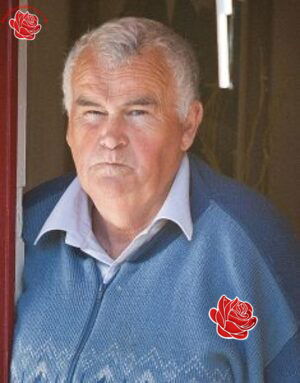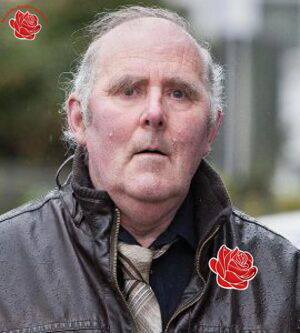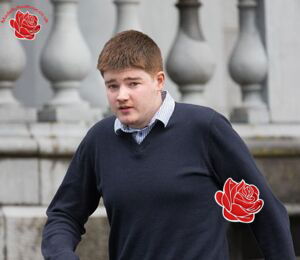David Quinn's Social Media Accounts
Know a Social Media Account Linked to David Quinn?
Want to add information? Log in to your account to contribute accounts and phone numbers.
DAVID QUINN FROM CO CLARE SENTENCED FOR CHILD PORNOGRAPHY OFFENSES IN ENNIS
In June 2019, a man from Co Clare, identified as David Quinn, was sentenced to a total of three years in prison after being found guilty of possessing and distributing child pornography. The case was heard at Ennis Circuit Court, where Judge Gerald Keys presided over the proceedings.David Quinn, aged 42 and married, hails from Sli an Fheargas, Clarecastle, Co Clare. The court heard that on September 4th, 2013, Quinn was found to be knowingly in possession of a significant amount of child pornography, which included 7,606 images and 139 video files. These materials were not only for personal viewing but were also intended for distribution, publication, and exportation, actions that are criminal under Irish law, specifically under Section 6 (1) of the Child Trafficking and Pornography Act 1998.
Judge Keys sentenced Quinn to three years for the possession of the material, with the sentence to be suspended after two years. Additionally, he imposed a concurrent two-year jail term for the distribution of the images, which involved 29 unique images sent across 39 messages to other users. The court noted that the images found at Quinn’s residence were of a particularly disturbing nature, with some depicting children under the age of one, and the content was classified as highly serious.
During the investigation, Gardaí uncovered that Quinn had admitted to being a nepiophile—a person sexually attracted to babies and toddlers under three years old. In an interview conducted in August 2017, Quinn openly acknowledged that he had sought out pornographic content involving children aged between zero and five. When asked if he had specifically sought out material involving babies, he responded, “That is fair to say.”
Further, Quinn confessed to creating child pornography himself by taking photographs of two young girls he had contact with in Co Clare. He also admitted to sharing images of one of these children with other paedophiles through online file-sharing systems. He claimed that his wife was unaware of his online activities and his attraction to children.
Judge Keys emphasized that child pornography is not a victimless crime, highlighting that such material is a direct consequence of child abuse. He stated, “It involves an assault on the bodily integrity and innocence of a child,” underscoring the gravity of the offense.
Detective Garda Michael Fitzgerald from the National Cybercrime Bureau provided additional details, revealing that an examination of Quinn’s two computers showed that he had distributed 29 distinct images through 39 messages. The investigation also uncovered four images of children under one year old engaged in sexual acts, which were considered particularly disturbing.
In his judgment, Judge Keys noted that Quinn had a history of being sexually abused himself from the age of three until he was 14. Despite this, he was described as having grown up in a privileged family environment, with no children of his own, and having played tennis regularly. The judge acknowledged that Quinn had struggled with depression and had experienced intermittent thoughts of suicide.
It was also revealed that Quinn sought psychological help in 2010 due to his paedophilic tendencies towards infants and minors. Since 2013, he had made efforts to suppress these sexual fantasies and had not acted on them since then.
Regarding aggravating factors, Judge Keys pointed to the nature of the images, their impact on children, the age of the victims, and the distribution and encouragement of the images. Conversely, he considered Quinn’s guilty plea, lack of previous convictions, cooperation with authorities, remorse, and insight into his behavior as mitigating factors. The court also noted that his risk of re-offending was below average.
Gardaí involved in the case, including Detective Sergeant Daragh O’Sullivan, explained that the search of Quinn’s home in September 2013 was part of an international investigation involving the FBI and the National Criminal Bureau. The seized material was not forwarded to the Cyber Crime Unit until December 2016 due to resource constraints at the time.
Ultimately, the court sentenced David Quinn to three years in prison, with some of the sentences to run concurrently, reflecting the seriousness of his offenses and the need for justice for the victims involved.










